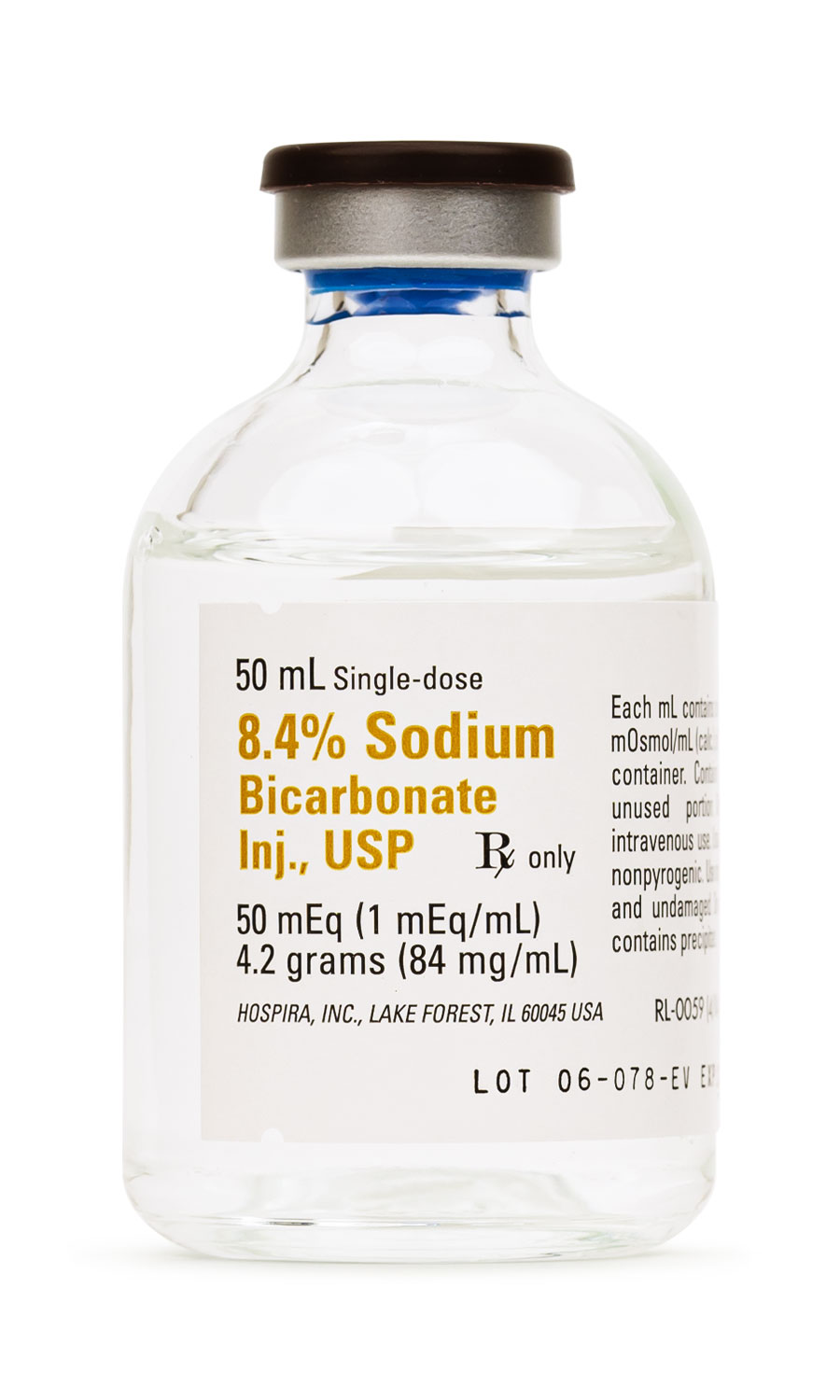High Potassium: Symptoms, Causes, Treatment
What are the symptoms of high potassium?
High potassium, also known as hyperkalemia, often doesn’t cause symptoms until levels become significantly elevated. When symptoms do occur, they can include:
- Muscle weakness: This can range from mild weakness to paralysis.
- Tingling or numbness: Especially in the hands, arms, feet, or legs.
- Heart palpitations or irregular heartbeat: This can be serious and may require immediate medical attention.
- Nausea or vomiting: Some people may also experience diarrhea.
- Difficulty breathing: Especially if the respiratory muscles are affected.
- Fatigue: Feeling very tired or weak.
- Chest pain: This can occur if high potassium levels affect the heart.
If you suspect you have high potassium levels, it’s important to seek medical attention from a healthcare provider immediately, especially if you have heart-related symptoms. Hyperkalemia can be life-threatening if not treated promptly.
What are the causes of high potassium?
High potassium levels, or hyperkalemia, can be caused by various factors, including:
- Kidney disease: The kidneys are responsible for removing excess potassium from the body. If they are not functioning properly, potassium levels can rise.
- Certain medications: Some medications, such as ACE inhibitors, angiotensin II receptor blockers (ARBs), and potassium-sparing diuretics, can increase potassium levels.
- Acute kidney failure: This can lead to a sudden increase in potassium levels.
- Addison’s disease: A condition that affects the adrenal glands and can result in high potassium levels.
- Dehydration: This can cause potassium levels to rise relative to sodium levels.
- Trauma or injury: Severe tissue damage, such as burns or crush injuries, can release potassium into the bloodstream.
- Certain supplements: High doses of potassium supplements or salt substitutes containing potassium chloride can lead to hyperkalemia.
- Hemolysis: The breakdown of red blood cells can release potassium into the bloodstream.
- Uncontrolled diabetes: High blood sugar levels can affect kidney function, leading to high potassium levels.
- Excessive use of potassium-containing medications or salt substitutes: This can occur in people with certain health conditions or in those who consume large amounts of these products.
It’s important to identify and treat the underlying cause of high potassium levels to prevent complications. If you have concerns about your potassium levels, talk to your healthcare provider.
What is the treatment for high potassium?
The treatment for high potassium, or hyperkalemia, depends on the severity of the condition and the underlying cause. Here are some common approaches:
- Calcium: If hyperkalemia is causing heart rhythm disturbances, calcium may be given to protect the heart.
- Insulin and glucose: These can help move potassium from the bloodstream into the cells, lowering blood potassium levels.
- Sodium bicarbonate: This can help in shifting potassium from the bloodstream into the cells.
- Diuretics: These medications can increase potassium excretion through urine.
- Kayexalate (sodium polystyrene sulfonate): This medication helps remove potassium from the body through the stool.
- Dialysis: In severe cases, especially if kidney function is compromised, dialysis may be necessary to remove excess potassium from the bloodstream.
- Limiting potassium intake: In some cases, a diet low in potassium intake may be recommended.
It’s important to identify and address the underlying cause of high potassium levels to prevent recurrence. Treatment should be guided by a healthcare professional based on the individual’s specific situation.




